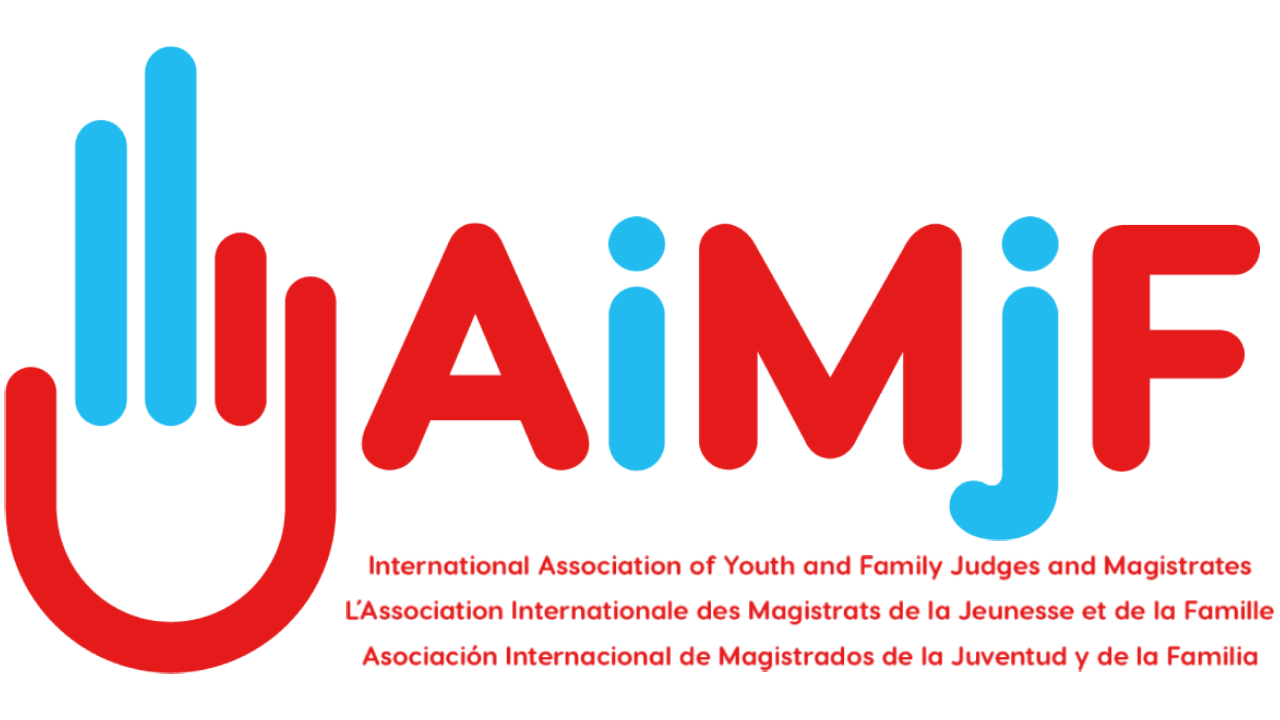What We Do
Webinars
Guidelines
The Guidelines and children’s rights – The legal status of children has evolved considerably in recent decades. Beyond the numerous modifications experienced by the national legislation of many countries, important international instruments have confirmed the condition of children as subjects of rights. This change began in 1980, culminating in the Convention on the Rights of the Child in 1989. Other significant international instruments of the United Nations have been adopted at the same time and also more recently. Among them:
The United Nations Standard Minimum Rules for the Administration of Juvenile Justice (“The Beijing Rules”, 1985);
- The United Nations Rules for the Protection of Minors Deprived of their Liberty (“The Rules of Havana”, 1990);
- The United Nations Guidelines for the Prevention of Juvenile Delinquency (“The Riyadh Guidelines”, 1990);
- The United Nations Guidelines on Justice in matters involving child victims and witnesses of crime (ECOSOC Res. 2005/20, 2005);
- The Guidance note of the United Nations Secretary General: UN approach to justice for children (2008);
- The United Nations Guidelines on Alternative Care for Children (2010);
- Resolution 18/12 of the United Nations Human Rights Council on the rights of man in the administration of justice, in particular juvenile justice (2011).
Other important documents, addressing different issues, called General Comments, have been issued by the United Nations Committee on the Rights of the Child and provide a remarkable understanding of how the various documents should be interpreted and applied. In addition, other international organizations other than the United Nations Organization have established their positions on different issues, contributing to a collective vision of children and justice….
Researches
Study tours
Congresses
AIMJF organizes every four year a world congress with its partners.
The International Congress is the culmination of the work of AIMJF. They are an opportunity for exchange between people from all over the world who are dedicated to the protection of children or the family to discuss matters that are the responsibility of the Family Courts and Juvenile Courts.
The themes of these Congresses not only reflect the full range of professional issues, but also current social and political issues, the impacts on the protection and justice of minors and the family. It is only from the 5th Congress (Brussels, 1958), AIMJF adopted a general theme.
Previously, various topics were covered by section, as will be seen in the following description.
| Congress # | Location | Description |
|---|---|---|
| 1st Congress | (Brussels, Belgium, July 26-29, 1930) The Child In Front Of The Court |
|
| 2nd Congress | (Brussels, Belgium, July 15-17, 1935) |
|
| 3rd Congress | (Liège, Belgium, July 17-20, 1950) |
|
| 4th Congress | (Brussels, Belgium, 16-July 19, 1954) |
|
| 5th Congress | (Brussels, Belgium, July 14-18, 1958) |
|
| 6th Congress | (Naples, Italy, September 26-29, 1962) |
|
| 7th Congress | (Paris, France, July 18-23, 1966) |
|
| 8th Congress | (Brussels, Belgium, July 1970) |
|
| 9th Congress | (Oxford, England, July 1974) |
|
| 10th Congress | (Montreal, Canada, July 21, 1978) |
|
| 11th Congress | (Amsterdam, Netherlands, August 1982) |
|
| 12th Congress | (Rio De Janeiro, Brazil, August 24-29, 1986) |
|
| 13th Congress | (Turin, Italy, September 16-21, 1990) |
|
| 14th Congress | (Bremen, Germany, August 28-September 2, 1994) |
|
| 15th Congress | (Buenos Aires, Argentina November 2 To 6, 1998) |
|
| 16th Congress | (Melbourne, Australia, 26-31 October 2002) |
|
| 17th Congress | (Belfast, Northern Ireland, August 27-September 1, 2006) |
|
| 18th Congress | (Hammamet, Tunisia, April 21-24, 2010) |
|
